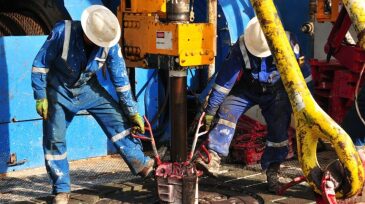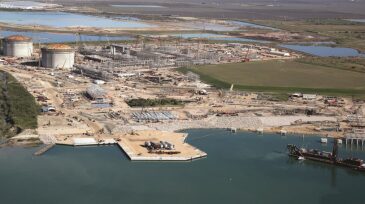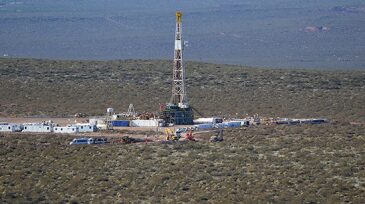unconventional resources
-
As interest in unconventional resources has grown in Europe, so have concerns about the potential environmental impacts of their development.
-
Drilling activity in US shale plays is slowing as operators encounter higher prices for labor, equipment, and services, and lower prices for the oil and gas produced.
-
One of the world’s leading energy watchers says the second shale revolution will come in the form of LNG exports.
-
You want to know how to immediately make a step change in your business and improve your own promotion prospects. You want to know the key technologies you should be implementing now. To develop your longer-term strategy, you want an awareness of future trends now. Consider your wish granted.
-
This paper presents an artificial-lift selection process to maximize the value of unconventional oil and gas assets.
-
With Over 200 Shale Well Installs, This Slug-Smoothing Lift Technology Is Boosted By Schlumberger JVSlug flow has made the life of an unconventional production engineer a bit complicated, but a new downhole technology may smooth things right out by solving some big artificial lift problems for the shale sector.
-
A new process system compatible with all types of drilling rigs is opening the door to wider adoption of drilling automation in North America’s shale sector.
-
OPEC has renewed its effort to prop up global crude prices, but the impact may also drive US production higher.
-
The quick turnaround times and low-risk nature of shale developments need to be replicated in the deepwater business, according to the CEO of Murphy Oil.
-
Shale explorers in Argentina are reporting that improving performance and activity is set to rise this year to boost the country’s gas production.










